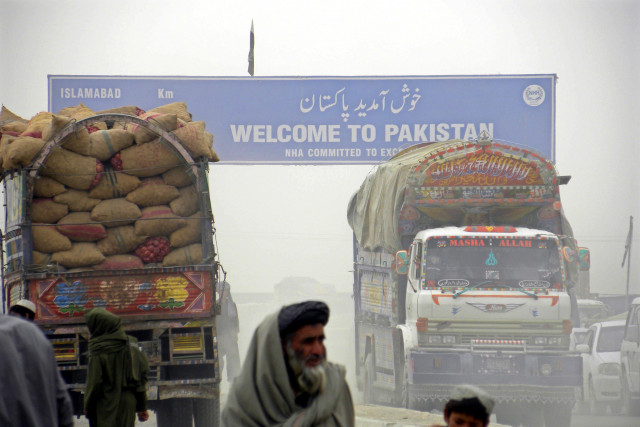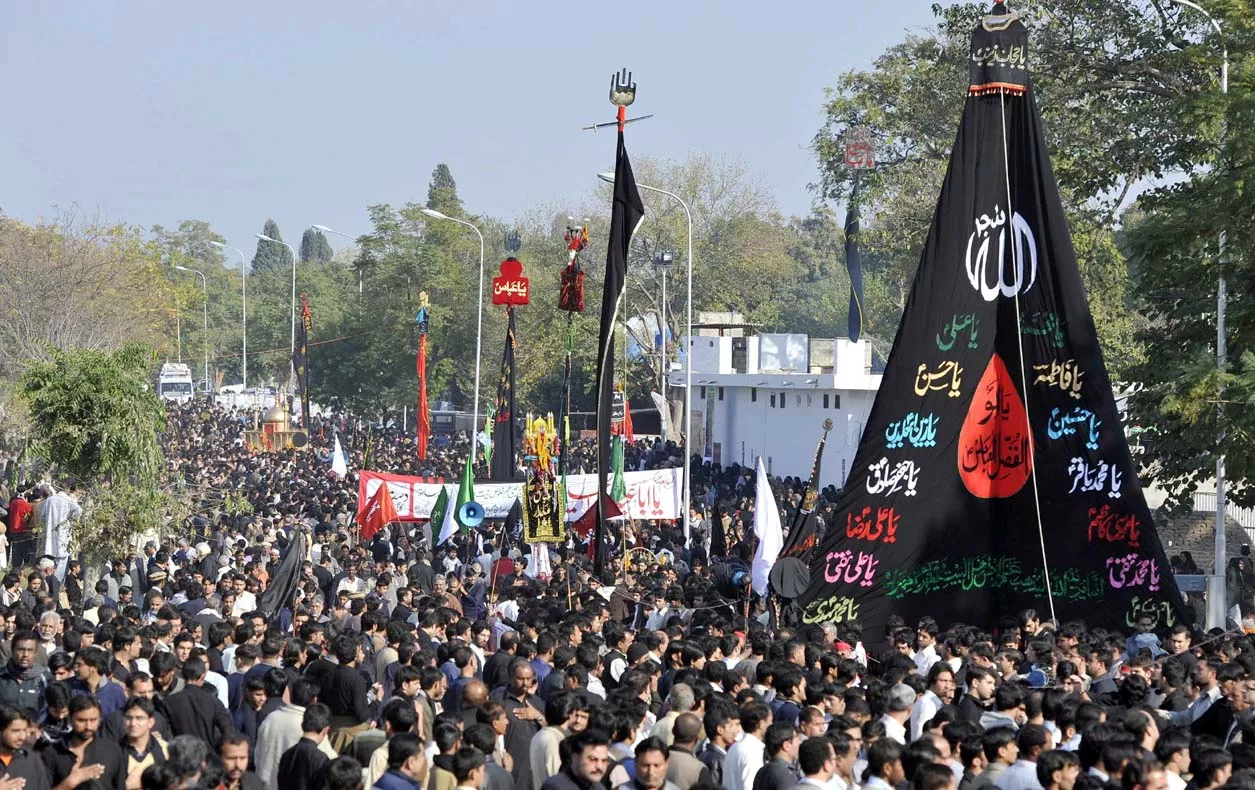
Even as the commerce committee of the National Assembly spent several hours debating the efficacy of anti-smuggling measures being taken by the government, both legislators and officials acknowledged that curbing smuggling through the Afghan transit trade route was an unrealistic goal as long as the differences between tariffs in Pakistan and Afghanistan remained wide.
“If the government is able to reduce smuggling by even half, it will be a miracle,” said one member of the commerce committee. The committee chairman, Khurram Dastgir Khan, concurred with the opinion of his colleague.
Commerce ministry officials were even blunter in their assessment. Commerce Secretary Zafar Mehmood said that smuggling can never be curbed so long as there remains a substantial difference in the tariff structures of Pakistan and Afghanistan.
“The only real way to stop smuggling is to make it unprofitable,” said Mehmood. “Otherwise, it will keep going on, whether through trucks or on the backs of mules.”
Nevertheless, the committee spent several hours on Thursday debating over whether the government has undertaken enough measures to prevent smuggling by traders who claim to move their goods through Pakistan under the country’s transit trade agreement with Pakistan.
Commerce ministry officials testified that they had caught thousands of containers being smuggled through Pakistan under the guise of the Afghan transit trade and sent out notices worth Rs7 billion in evaded customs and excise duties.
Pakistan and Afghanistan are revising their transit trade agreement, the new version of which will come into force on June 12, despite the fact that key details on bank guarantees and insurance have not yet been settled.
The agreement is meant to better manage the rampant smuggling into Pakistan of goods that are declared at Pakistani ports to be headed to Afghanistan. Afghanistan has very few tariffs and, under the agreement between the two countries, goods can be transited through Pakistan without paying any Pakistani customs or excise duties.
Taking advantage of this loophole in the law, several Pakistani and Afghan traders import goods claiming they are headed to Afghanistan, but sell those goods in Pakistan without having paid any duties, thus gaining a competitive advantage against traders and companies that legally import goods and pay the full tariff.
Published in The Express Tribune, May 27th, 2011.


















COMMENTS
Comments are moderated and generally will be posted if they are on-topic and not abusive.
For more information, please see our Comments FAQ